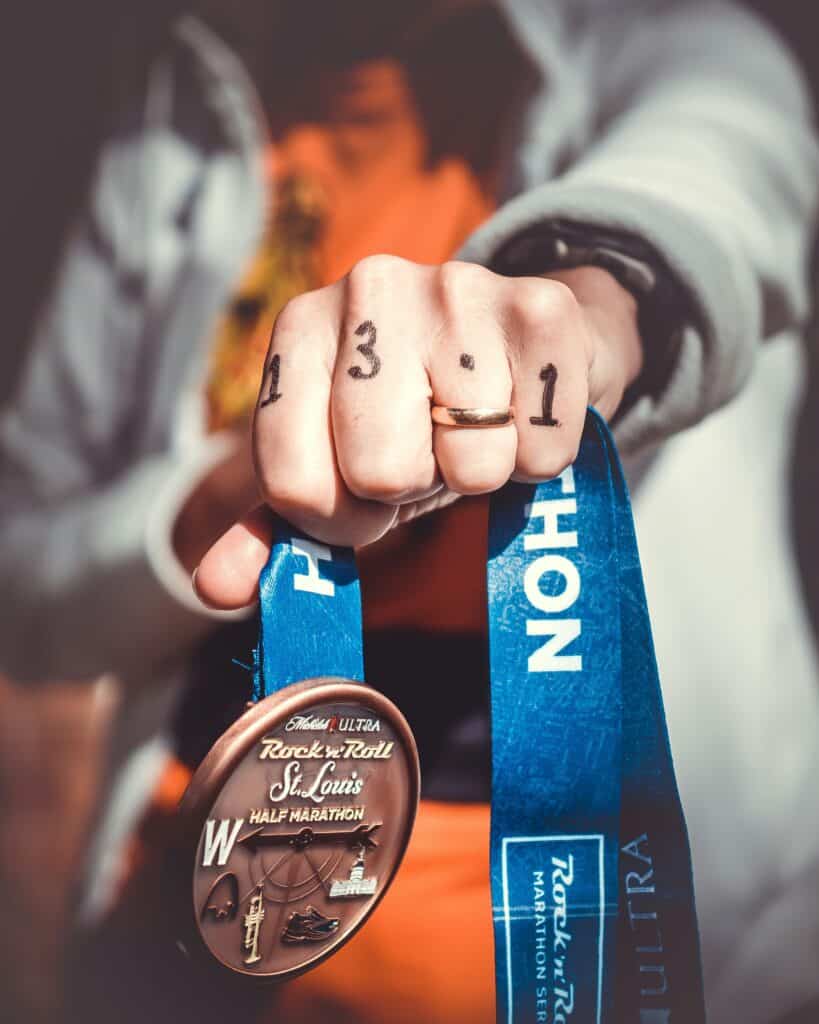
Running is a relatively easy sport. You just need to put on a pair of shoes and head out of your front door. Right?
As someone who didn’t grow up running, I can tell you it’s not that easy. In high school and most of college, no part of me thought running was “easy” or “simple”. The only running I did was late to class.
When I did begin running later in college, I made plenty of mistakes along the way. There are a few things I wish I had known:
Don’t go from 0 to 100%
In the last few years, social media has made it easy to compare to others. Should I run a marathon because X is? Should my goal by X because my friend’s goal is?
Maybe your friend is a far more experienced runner but started slow. It’s okay to walk. Doing 5K’s is okay. Not everyone is training for half marathons, marathons and beyond.
Don’t follow what others are doing
If your friend signed up for a 100-mile race, that doesn’t mean you need to.
If you see others getting away with minimalist shoes or moving towards maximum cushioned shoes, that doesn’t mean you need to also. Follow what works for you!
A lot of minimal shoes are all of the rage right now, but I can’t get away with them. Am I jealous because they are cheaper? Of course! But I have to do what’s best for me.
The beauty of running, is that it can fit the individual needs of your situation.
Maybe you run for mental health or maybe you run to compete….it doesn’t matter, you do it for you!
Don’t forget rest
Without full rest, your body will break. Whether you get a serious bone injury or muscle fatigue, everyone needs a full day off from running. Rest and recovery are what make your body stronger.
Don’t “just run”
When I began running and for the first few years, I just ran. No strength, no anything. My legs were always sore, and truthfully, I got a bit burned out! I also got injured with muscle problems and even a tibia stress fracture.
Now I include hiking or cross training to keep me excited to run again. This allows me time away from the sport to love it.
Don’t race every training run
Racing all of my training runs is what led to my tibia fracture. I thought to race faster; I must run faster. I ran for an hour a day and tried to push it every day. Eventually, my body had enough, and I broke my tibia.
Make your hard days hard, and your easy days easy. I usually don’t even time my easy days so I can truly listen to my body.
Don’t underestimate the value of proper footwear
Most people started running with a pair of old sneakers, including myself! Working in run specialty, I now know how important it is to get the right shoes. They make all of the difference.
Proper footwear should take the pounding of running, not your body. Don’t forget they don’t last forever either. Running in the right footwear is one of the most critical components to staying healthy.
Don’t forget to hydrate and eat
Drinking plenty of fluids and eating correctly is one of the most important things you can do for yourself. It’s important to eat before long runs and get nutrition in before a big race.
Even if you aren’t hungry, find something that you can stomach: Gels, oatmeal, or whatever works! Professional athletes don’t typically run without proper fuel, so why should you?
Don’t forget to stay safe
I cannot emphasize this enough, and it wasn’t something I valued until I was chased on the run a few years ago.
- Make sure someone knows where you are going or a basic route.
- In the dark be reflective and wear light up gear.
- Wear a road ID or some sort of identification. (I like Road ID, and I carry a cell phone).
Something to keep in mind is having cash or a method to pay while out running. You never know what could happen that you find yourself needing fuel or can’t run.
So let us know: What are things you wish you knew when you started running?
Hollie Sick is an avid New Jersey-based runner who’s completed more than 40 half marathons and the 2018 New York City Marathon. Read her blog, or follow her on Facebook.





